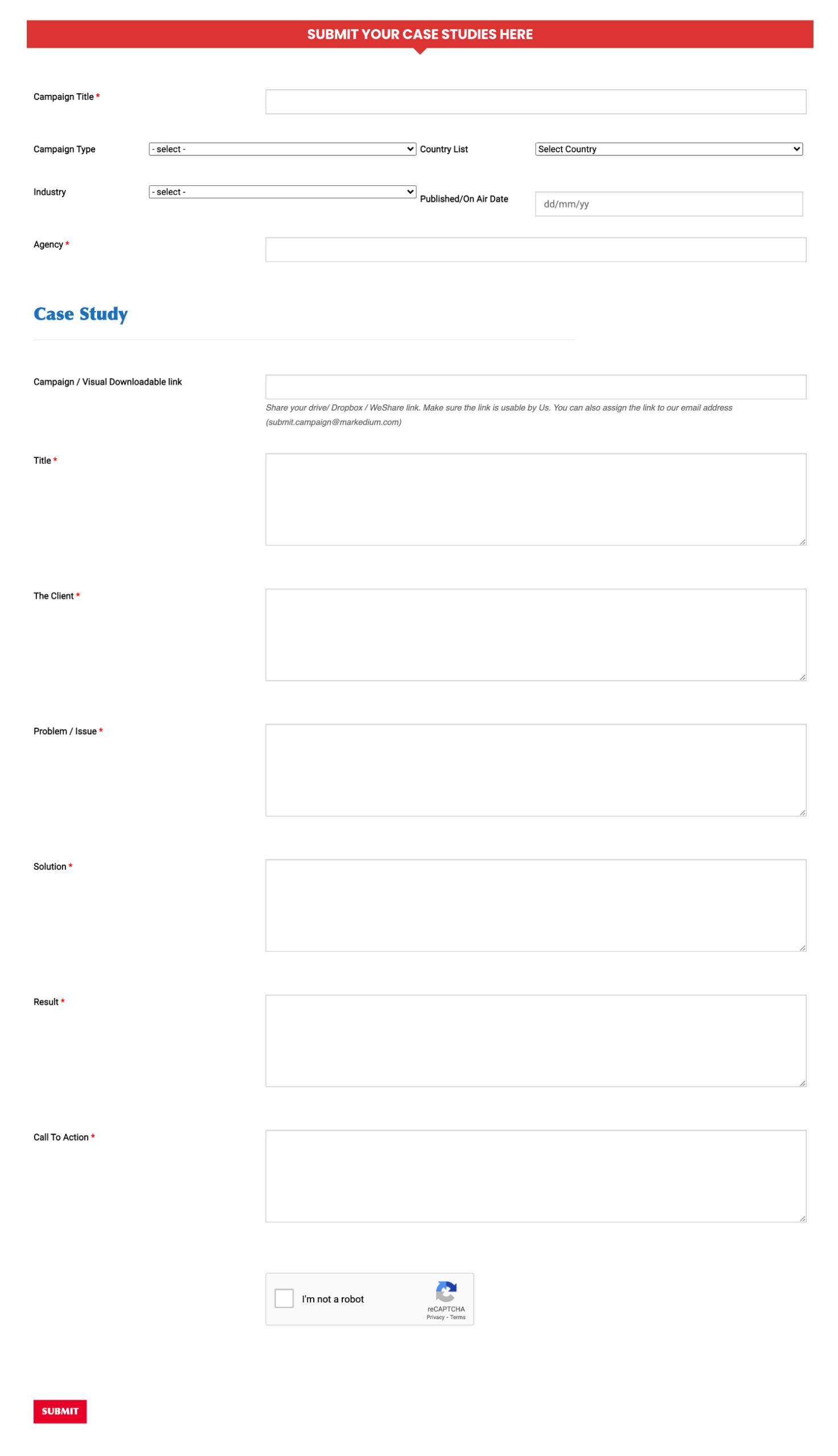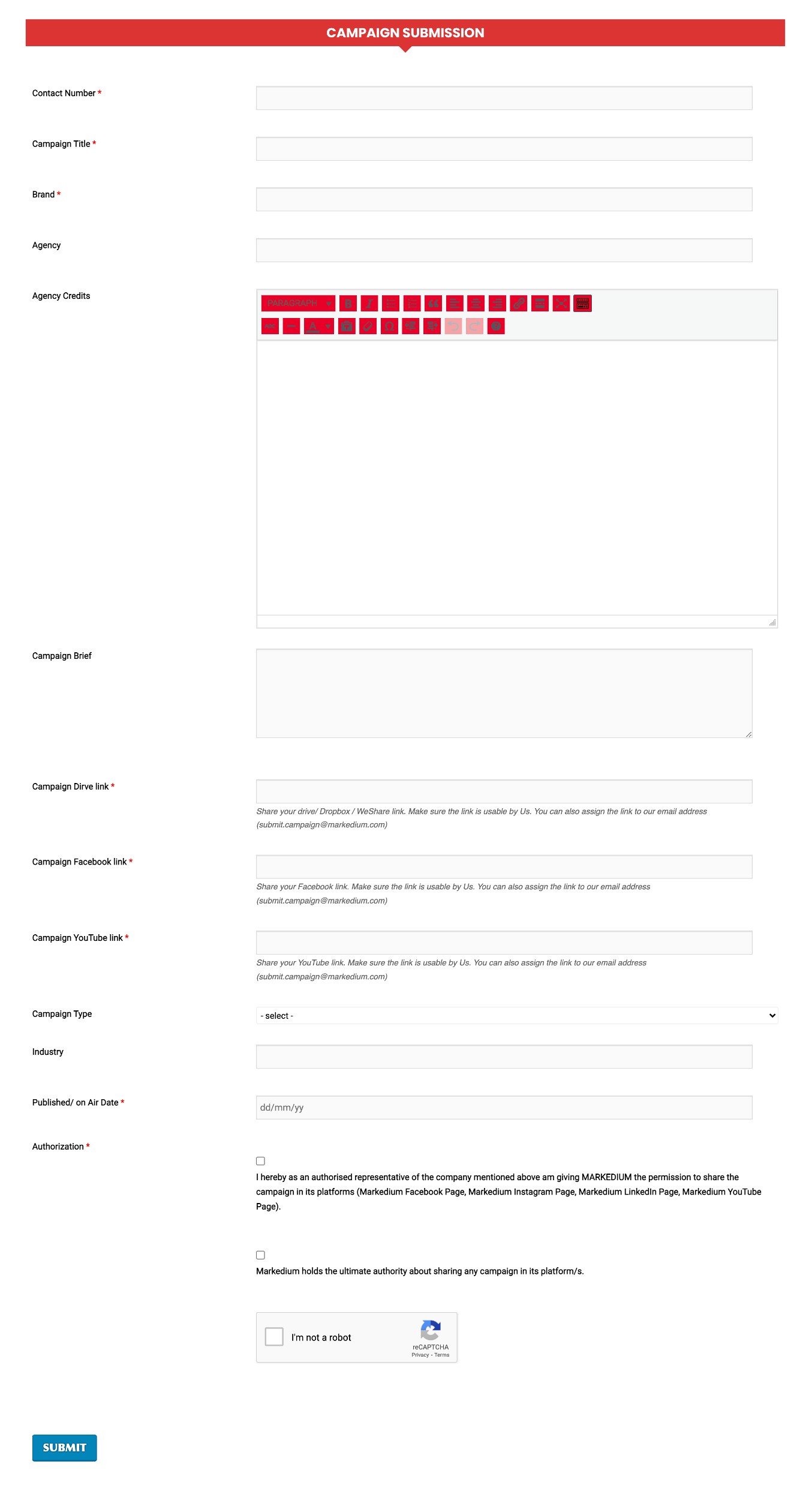
The Department of Justice’s (DOJ) call for Google to divest its Chrome browser represents a watershed moment in antitrust enforcement. Beyond its direct impact on Google’s business, the proposed remedy has the potential to disrupt the advertising ecosystem, spark unprecedented browser market fragmentation, and realign digital marketing strategies. With Chrome controlling over 60% of the browser market and deeply integrated into Google’s advertising ecosystem, a divestiture would create ripples across marketing workflows and financial markets alike.
This article examines the DOJ’s rationale, Google’s response, and the broader implications of a Chrome sell-off for marketing leaders and Wall Street stakeholders. We will delve into how the move could reshape competition, challenge existing business models, and create opportunities for emerging players.
The analysis also explores the financial ramifications of untangling Chrome from Google’s advertising engine and what this means for the future of digital marketing investment strategies.
Read more: BRAC Bank branches achieve Tk 10,000 crore deposit growth in 10 months
Why Chrome Is Central to Google’s Business Model
Chrome is more than just a web browser. It is a linchpin in Google’s broader strategy to dominate search and online advertising. The browser’s tight integration with Google Ads, Analytics, and other proprietary tools provides advertisers with unparalleled capabilities in terms of targeting, measurement, and efficiency.
Market Position
Chrome’s 66.68% dominance in the browser market underscores its pivotal role in Google’s ecosystem, highlighting the profound potential disruption a divestiture could cause for competition, marketing, and digital advertising strategies. This dominance allows Google to set the tone for web standards and shape the advertising ecosystem to its advantage.
Source: StatCounter Global Stats – Browser Market Share
Revenue Contribution
While Chrome itself is not a direct profit center, it functions as a gateway for Google’s more lucrative businesses. Search engine marketing (SEM), a segment deeply intertwined with Chrome’s ecosystem, accounted for an estimated 14% of total global media spend in 2023, according to Keen Decision Systems. By controlling the browser, Google ensures a seamless flow of user data, enabling precise targeting and enhanced ad performance—a major draw for advertisers.
Privacy Sandbox and Future Challenges
Chrome has also been pivotal in Google’s attempts to redefine privacy standards with initiatives like the Privacy Sandbox, designed to replace third-party cookies. While positioned as a privacy-first solution, critics argue that the initiative entrenches Google’s dominance by restricting competitor access to user data while retaining its own vast data troves.
The DOJ’s Antitrust Rationale
In its August ruling, the DOJ determined that Google operates an illegal monopoly in search and online ads. The proposed remedies, including a Chrome sell-off, aim to reduce Google’s ability to exert undue influence over the advertising market and foster competition.
Key DOJ Proposals
- Divestiture of Chrome: Breaking Chrome away from Google’s ecosystem would remove a critical pillar supporting the company’s ad dominance.
- Prohibition of Exclusionary Agreements: Banning deals like Google’s partnership with Apple to make its search engine the default on Safari could weaken Google’s search monopoly.
- Broader Antitrust Oversight: The DOJ’s recommendations extend to ensuring fair competition in emerging areas like retail media and social advertising.
Implications for Google
Google has described the DOJ’s proposals as “radical” and overreaching. In a blog post, Kent Walker, Google’s president of global affairs, argued that the remedies go far beyond the court’s initial findings, signaling a protracted legal battle ahead. Nonetheless, the stakes are high. A forced Chrome divestiture would fundamentally alter Google’s business model, creating uncertainty for its investors and partners.
Marketing Implications: Navigating a Fragmented Ecosystem
For marketing professionals, a Chrome divestiture would mark a seismic shift. Chrome’s dominance has created a relatively stable ecosystem, with tools and workflows optimized for Google’s infrastructure. A fragmented browser market could disrupt these workflows, forcing advertisers to adapt to new platforms and standards.
Short-Term Disruptions
- Integration Challenges: Advertisers relying on Chrome’s seamless compatibility with Google Ads and Analytics would face immediate hurdles. Rethinking targeting, measurement, and optimization strategies would be necessary.
- Learning Curves: New browser competitors could introduce varying degrees of support for ad tech, complicating cross-platform campaigns.
Long-Term Opportunities
- Diversity in Ad Platforms: A fragmented browser market could reduce reliance on Google, encouraging investment in alternative platforms like retail media networks and emerging social channels.
- Innovative Solutions: Companies may innovate to fill gaps left by Chrome’s departure from Google’s ecosystem, driving new ad tech developments.
Expert Opinions
Mateusz Jedrocha, chief product officer at Adlook, highlighted the dual-edged nature of the transition as reported by Marketing Drive: “While a fragmented browser market could foster a healthier ecosystem, the process risks disrupting advertising workflows.” The shift could open doors to more independent players, but the adjustment period would be challenging.
Financial Implications: Stakeholder’s Perspective
For stakeholders, the potential Chrome divestiture raises critical questions about Google’s future profitability and the broader digital advertising market’s stability.
Impact on Google’s Valuation
Google’s parent company, Alphabet, derives the majority of its revenue from advertising. A Chrome sell-off would decouple a key component of its advertising engine, potentially impacting ad revenue growth and margins.
- Valuation Risks: Analysts might reprice Alphabet to reflect the uncertainty around its advertising business. A less integrated ecosystem could weaken Google’s competitive edge.
- Increased Legal Costs: Protracted legal battles and compliance with antitrust measures could weigh on Alphabet’s financials.
Broader Market Effects
- Competitive Dynamics: Rivals like Amazon, Meta, and TikTok could gain market share as advertisers diversify their spending.
- Investor Sentiment: The DOJ’s aggressive stance might signal increased regulatory scrutiny across Big Tech, leading to broader market volatility.
Potential Beneficiaries
- Retail Media Networks: Platforms like Amazon and Walmart, leveraging first-party shopper data, stand to gain as advertisers explore alternatives to Google’s ecosystem.
- Independent Ad Tech Players: Companies offering privacy-first or cross-platform solutions could attract greater investment and adoption.
Strategic Considerations for Decision Makers
For Marketing Leaders
- Diversify Channels: Reduce over-reliance on Google’s ecosystem by exploring alternative platforms and investing in first-party data strategies.
- Adapt to Privacy Trends: Stay ahead of the curve by testing new solutions for targeting and measurement, such as contextual advertising or identity-based frameworks.
- Monitor Industry Changes: Keep a close eye on the legal proceedings and their potential impact on industry standards.
For Financial Analysts and Investors
- Assess Alphabet’s Long-Term Viability: Evaluate how a Chrome divestiture might impact Alphabet’s growth prospects and competitive positioning.
- Identify Growth Areas: Look for opportunities in sectors poised to benefit from increased competition, such as retail media and emerging social platforms.
- Understand Regulatory Risks: Consider the broader implications of heightened antitrust scrutiny for the tech sector and portfolio diversification strategies.
A Watershed Moment in Digital Advertising
The DOJ’s push to divest Chrome from Google could redefine the digital advertising landscape. For marketers, the transition represents a chance to break free from Google’s dominance but comes with significant short-term challenges. For financial decision-makers, the move could unsettle established norms and create new opportunities for competition and innovation.
In the long run, the Chrome sell-off could catalyze a more competitive and diverse ecosystem, benefitting advertisers, consumers, and the broader market. However, navigating this period of disruption will require careful planning, agility, and a keen understanding of the evolving landscape. For decision-makers in both marketing and finance, the time to prepare is now.
For more updates, be with Markedium.


